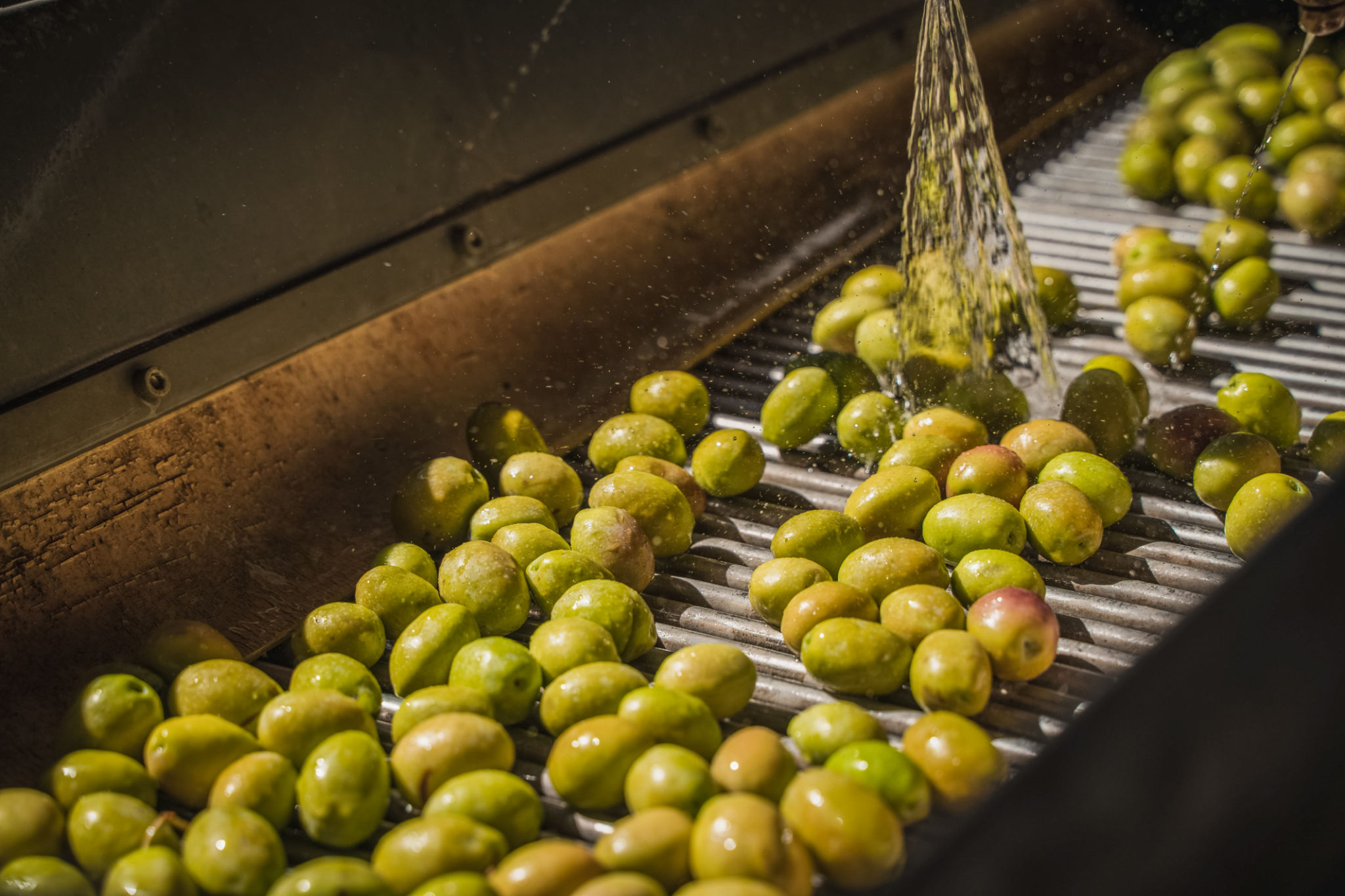Greek Olive Oil vs. Other Olive Oils: What Makes It Unique?
NB
The Rich Heritage of Greek Olive Oil
Olive oil has been an integral part of Greek culture for thousands of years. Its production and consumption are deeply rooted in the traditions and history of Greece. Greek olive oil is renowned for its exceptional quality and distinctive flavor, making it a favorite among chefs and food enthusiasts worldwide.

The unique characteristics of Greek olive oil stem from various factors such as the climate, soil, and olive varieties indigenous to Greece. These elements combine to produce an olive oil that is rich in taste, aroma, and nutritional value.
What Sets Greek Olive Oil Apart?
Distinctive Flavor Profile
Greek olive oils are known for their robust and complex flavors, often featuring a peppery finish. This can be attributed to the predominant use of the Koroneiki olive variety, which is small in size but packed with flavor. These olives are harvested at their peak ripeness, ensuring a high-quality oil with low acidity.
The flavor profile of Greek olive oil makes it a versatile ingredient in both cooking and finishing dishes. Its bold taste enhances salads, pastas, and roasted vegetables, adding a depth of flavor that is truly unique.

Superior Nutritional Benefits
Greek olive oil is not only delicious but also boasts numerous health benefits. It is rich in monounsaturated fats, which are known to support heart health and reduce inflammation. Additionally, Greek olive oil contains high levels of antioxidants, such as polyphenols, which can help fight free radicals in the body.
- High in monounsaturated fats
- Rich in antioxidants
- May reduce inflammation
Comparison with Other Olive Oils
Production Methods
The methods used in producing Greek olive oil are often traditional and artisanal. Many Greek producers rely on hand-picking olives and cold-pressing them to maintain the oil's nutritional integrity. This contrasts with some other regions where mechanical harvesting and chemical extraction might be more common.

This dedication to traditional methods ensures that Greek olive oil retains its natural flavors and beneficial properties, setting it apart from oils that may have undergone more industrialized processes.
Diverse Varieties
While Greece primarily uses the Koroneiki variety, other countries may rely on different types of olives, such as Picual in Spain or Arbequina in Italy. Each variety offers unique characteristics, but the consistency and distinctive taste of Greek olive oil make it stand out among its counterparts.
In conclusion, Greek olive oil's unique qualities derive from its rich heritage, traditional production methods, and exceptional taste profile. Whether used for cooking or as a finishing touch, it continues to capture the hearts of culinary enthusiasts around the world.